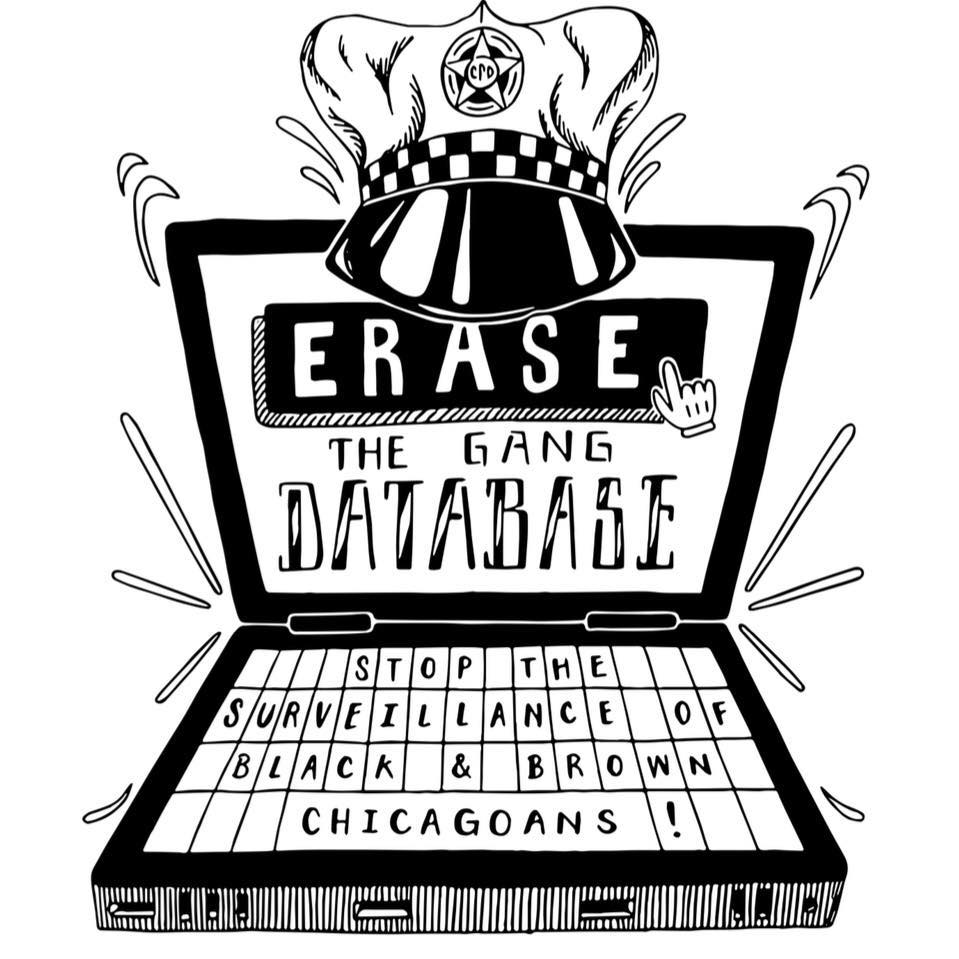What Superintendent Eddie Johnson Got Wrong on the Chicago Gang Database
Yesterday Chicago Police Department Superintendent Eddie Johnson said he has a plan to fix the Chicago Gang Database listing out a number of reforms that he said would fix the problems.
But “fixing” the database does not sufficiently address many of the harms caused by the gang database, including: increased criminal sentences, denial of bonds not requiring cash payment, housing discrimination, employment discrimination, and being targeted by immigration enforcement.
Here are 4 things that the Superintendent got wrong during his interview:
- Superintendent Johnson’s plan to “tweak” the gang database would not have prevented the raid that occured at Wilmer Catalan Ramirez’s home in the Spring of 2017. Under Superintendent Johnson’s plan, Wilmer’s information would still have been shared with federal immigration agents, and he still would have been one of many people being targeted by ICE as part of a series of ‘gang operations.’ This proposed “tweaking” by the head of the Chicago Police Department does nothing to address the fact that Chicagoans’ information is being shared with federal agencies and other law enforcement agencies every single day.
- Superintendent’ Johnson’s plan does not apply to other law enforcement agencies, who can interpret and use the shared information at their discretion. Previously In Springfield, for example, contrary to federal law, local police officers who conducted criminal record checks of individuals applying for housing with the Springfield Housing Authority were reportedly also providing Housing Authority officials with information that included the suspected gang affiliations of applicants. It is not yet clear exactly if or how information on alleged gang affiliation is shared with potential employers in Chicago or Chicago Housing Authority.(1)
- Superintendent Johnson claimed that the police department relies on tracking a person’s gang status to solve crime, but according to the University of Illinois at Chicago’s Policing in Chicago Research Group “Tracked and Targeted” report, “While gangs are often blamed for gun violence in Chicago, 67.5% of the people identified as ‘gang affiliated’ on the SSL (Strategic Subject List) had no documented arrests for violent offenses or unlawful use of a weapon.” Again, raising the question of how exactly the use of the database by the Chicago Police Department helps in reducing gun violence and solve crime.
- Police Superintendent Eddie Johnson claimed “we [CPD] recognize that some people may be misidentified.” The reality is that we do not know how many people are misidentified, as there has been no transparency, no notification process, and no checks and balances, and instead several cases of people who have suffered harsh consequences after being misidentified. In addition, the problem is broad — information obtained through a series of FOIA requests illustrate that the Chicago Police Department has been maintaining and mining information of over 128,000 people they have labeled as gang affiliated.
The Campaign to End the Chicago Gang Database is an open-source campaign by community, legal, research, and policy-organizations to expose and repair the harm of the gang database. Organized Communities Against Deportations (OCAD), Black Youth Project 100 (BYP100), and Mijente have been leading a local campaign urging the city of Chicago expand what it means to be a “Sanctuary City” to protect immigrants and US born people of color, particularly those who are targeted by local police. Exposing and eliminating the gang database is a the top of the agenda. Find out more at: http://erasethedatabase.com.
(1) UIC Policing in Chicago Research Group, “Tracked and Targeted: Early Findings on Chicago’s Gang Datbase”, page 10. http://erasethedatabase.com/wp-content/uploads/2018/02/Tracked-Targeted-0217.pdf

